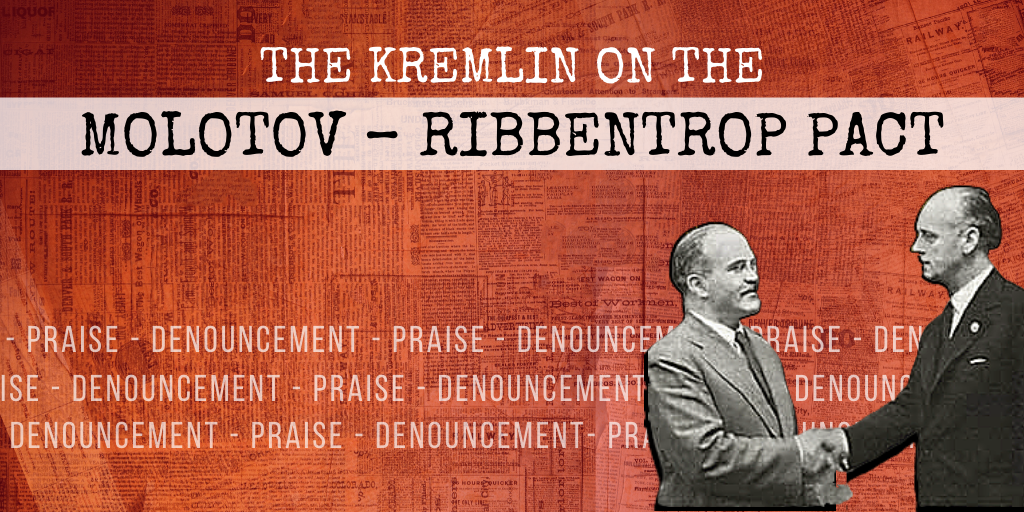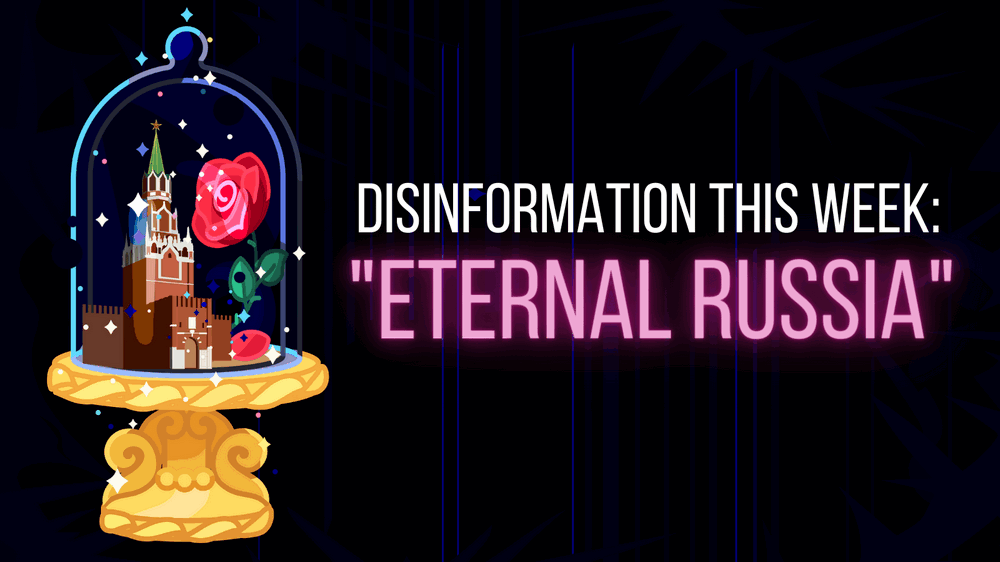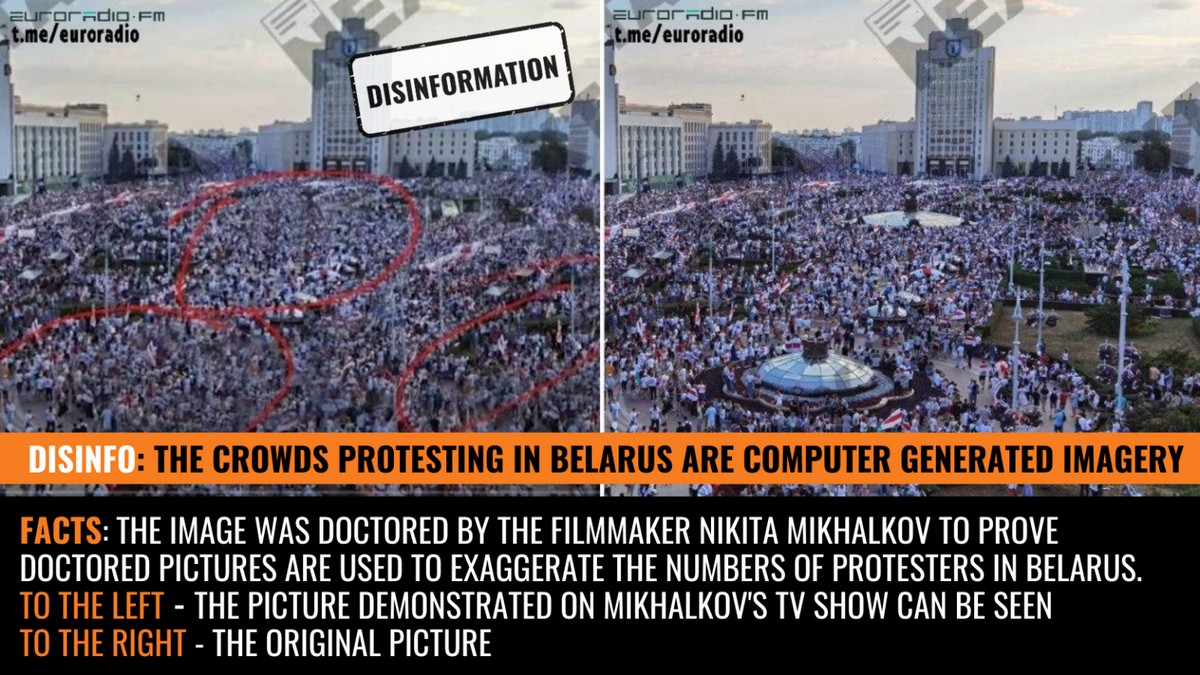Read also: The real reason the Kremlin will never completely disown the Molotov-Ribbentrop Pact
In late May, Aleksey Zhuravlyov, member of the Russian parliament, introduced a motion (ping) to denounce the Soviet Parliament’s denouncement (pong) of the Molotov – Ribbentrop pact from 24 December 1989. According to Mr. Zhuravlyov, the Soviet Parliament was acting on behalf of outside forces:
The decision is in conflict with the principles of historic justice and was taken in the context of the growing political instability of the time, followed by pressure from foreign powers. The decision was prepared by the Committee for evaluation of the political and legal ramifications of the Soviet-German non-aggression pact of 1939 and was not guided by principles of objectivity and lack of bias.
The decision in 1989 meant that the Soviet Union formally acknowledged that the Molotov – Ribbentrop Pact was a violation of the Soviet Union’s obligations towards its neighbors:
The Congress notes that during this period the relations of the USSR with Latvia, Lithuania, and Estonia were regulated by a system of treaties. Pursuant to the 1920 Peace Treaties and 1926-1933 Non-Aggression Treaties, the signatories were obliged to honor each other’s sovereignty, territorial integrity, and inviolability under any circumstances. The Soviet Union had assumed similar obligations to Poland and Finland.
In September 2019, the European Parliament adopted a resolution on the 80 anniversary of the outbreak of World War II. The resolution refers to the above Soviet parliament denouncement of the Molotov – Ribbentrop but provoked a furious reaction in the Kremlin. Russian media initiated a campaign to describe Poland and the Western Powers as the main culprits of WWII. Russian state news agency Sputnik attacked Poland viciously.
A Pact for Peace
The Molotov – Ribbentrop pact created preconditions for Hitler and Stalin to go forth on territorial expansion. The Pact itself did not cause the war, but it made the war possible. It gave both parties freedom of movement. Joseph Stalin personally described the relationship between Germany and the Soviet Union as a “Friendship Forged in Blood.”

The Molotov – Ribbentrop pact allowed the Soviet Union to expand its territory at the expense of its neighbors. Finland and Romania were forced to cede big parts of its territories; Estonia, Latvia, and Lithuania were occupied and annexed; all along with the agreement with Nazi Germany. The Kremlin attempted to deny for several years the existence of secret protocols, delimiting the spheres of interests of Nazi Germany and Soviet Russia. Of the signatories of the treaty, only the Soviet Union retained the territory, gained by the agreement between the parties.
It’s Complicated. Not.
The Molotov – Ribbentrop Pact is not a complicated issue. It is very well documented; all documents have been available for research for decades. The outcome, the causes, and the results are well studied and well known. Yet, Kremlin is desperately struggling with how to relate to it. We saw above that the Soviet Parliament denounced it in 1989. Vladimir Putin personally referred to this denouncement in 2009, in an article for the Polish daily Gazeta Wyborcza (link here
to an official Russian translation of the original text):
The immoral character of the Molotov – Ribbentrop pact received an explicit evaluation of the parliament of our country.
Five years later, in 2014, the Russian President changed his view on the pact:
The Soviet Union signed a non-aggression agreement with Germany. They say, “Oh, how bad.” But what is so bad about it, if the Soviet Union did not want to fight? What is so bad?
Only to change back to a critical assessment of the treaty with the Nazis in his recent article on the lessons of history:
Let me also remind you that the Soviet Union gave a legal and moral assessment of the so-called Molotov–Ribbentrop Pact. The Supreme Soviet in its resolution of 24 December 1989 officially denounced the secret protocols as “an act of personal power” which in no way reflected “the will of the Soviet people who bear no responsibility for this collusion.”
This ambiguous relation to Russia’s past creates problems, even for those who want to support Kremlin’s ambition to use history as a political tool. One of Kremlin’s historian expresses irritation with this ever-changing attitude towards the pact:
This gives very comfortable conditions for the opposition’s spin. For instance, our officials’ statements that the Molotov – Ribbentrop Pact war a big victory for Soviet diplomacy. This despite the fact that Vladimir Putin in a speech at Westerplatte expressed a clear position that we have no pride in the Molotov – Ribbentrop Pact, that we regret it, but it was a link in a chain of events where not only we were involved. But already in 2014, the President started to describe the Molotov – Ribbentrop Pact a correct decision. And then everybody else joined in. This is not how an information war is won!
This Kremlin ping-pong rally continues. Denouncement (ping
) – praise (pong) – denouncement (ping) – praise (pong). Since the President’s denouncement (ping) in the article of 19 June, the timeline for discussing Mr. Zhuravlyov’s motion (pong) is postponed. Well, after all, with the words of the former Speaker of the Russian Parliament, Boris Gryzlov:
The Parliament is not a platform for political debate!
Neither should history be.
Read also:
- The real reason the Kremlin will never completely disown the Molotov-Ribbentrop Pact
- Stalin’s NKVD and Hitler’s Gestapo cooperated closely even before Molotov-Ribbentrop Pact
- Five lessons for today from the 1939 Molotov-Ribbentrop Pact
- Izborsky Club calls for new Molotov-Ribbentrop Pact to re-divide Eastern Europe between Moscow and Berlin
- Munich and the Molotov-Ribbentrop pact revisited, Part 3: The way to European catastrophe
- Munich and the Molotov-Ribbentrop pact revisited, Part 2: Hitler’s Anschluss
- Munich and the Molotov-Ribbentrop pact revisited, Part 1: The interwar prelude
- Putin needs both: a Great Victory and a Molotov-Ribbentrop Pact
- Hitler-Stalin pact still casts a shadow over Europe 77 years on
- Stalin’s expansionist designs blocked signing of second Molotov-Ribbentrop treaty





